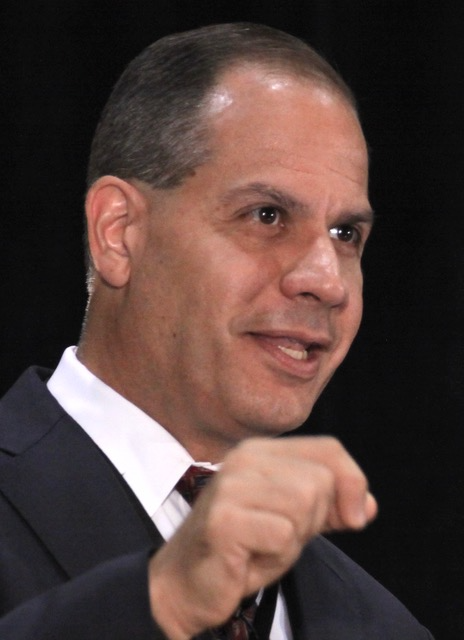
Putting Oral Health Back into Overall Health
Dr. Fotinos S. Panagakos ’86 discusses "Putting Oral Health Back into Overall Health: Science, Policy and the Future."
On March 29, Dr. Fotinos S. Panagakos ’86, associate dean for research and post-doctoral affairs at West Virginia University School of Dentistry, spoke about "Putting Oral Health Back into Overall Health: Science, Policy and the Future" during the Population Health Colloquium Series.
Panagakos made the connection between oral health and overall wellness, particularly in the U.S., and shared what trends are impacting oral healthcare. Cardiovascular and respiratory disease, diabetes, pregnancy outcomes and even Alzheimers can be attributed to an unhealthy mouth - and nearly half of all U.S. residents are not seeing a dentist regularly.
Perceived as unaffordable and not covered under Medicare, dental coverage evades nearly two-thirds of recipients yet insurance companies conclude that members who actively participate in dental care see chronic disease management to be much less expensive. President Biden’s Build Back Better plan did propose dental for Medicare recipients, along with hearing and vision, but it was removed during review requiring a Medicare supplemental plan for coverage.
The correlation between poor oral health statistics and the highest cases of diabetes is evident in some states, especially in the south. Because sugar affects our teeth and also contributes to diabetes, Panagakos says it is important that oral health be integrated into the overall healthcare system so that doctors are trained to identify symptoms and refer patients to dentists for evaluation.
The path forward to preventing and treating oral disease includes strategies such as: teledentistry, allowing for virtual interaction; a shift in focus from disease management to prevention; integration of oral health into the healthcare system; and, addressing cost barriers and new technology that assists with tracking and payment reform.
This topic was co-sponsored by the Institute for Health Policy & Politics, a research initiative that enables tangible effects on policies designed to improve human health, and founded by Associate Professor Eduardo Gomez. To listen to Dr. Panagakos’ full commentary, visit the College of Health YouTube page. For more information on this topic or Dr. Panagakos, visit his Twitter @FotiPanagakos.